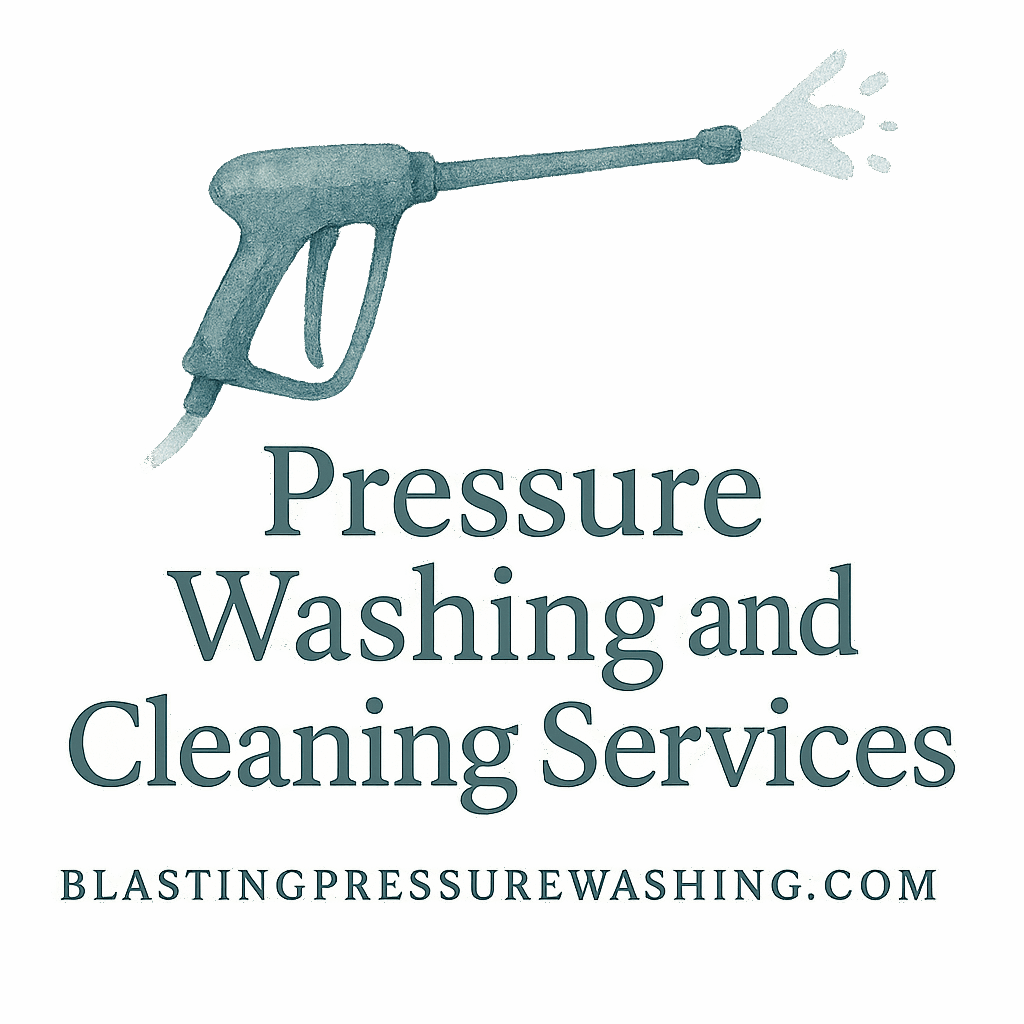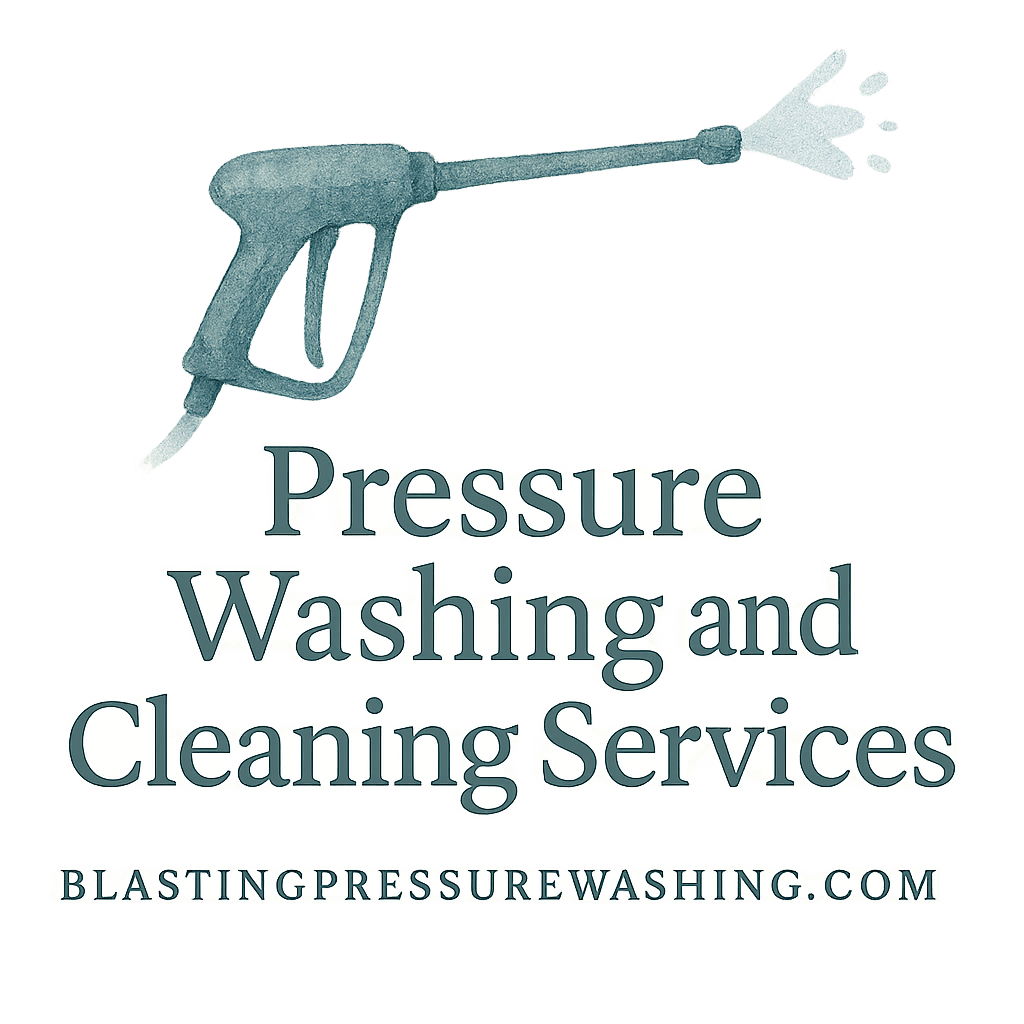Have you ever pulled into a parking lot and immediately judged the business based on the grime and oil stains? Yeah, we’ve all been there. It’s not just about looks—it’s about safety, longevity, and reputation. Let’s dive into why parking lot pressure washing is more than just a cosmetic upgrade.
Why Parking Lot Cleanliness Matters
First Impressions Start in the Parking Lot
Before customers ever step foot into your building, they’ve already formed an opinion—based on your parking lot. A clean, well-maintained space signals professionalism and attention to detail.
Health and Safety for Everyone
Dirt, oil, mildew, gum, and other gunk don’t just look bad—they’re health hazards. Slippery surfaces increase the risk of falls, while debris can damage car tires or hide hazards.
What Is Parking Lot Pressure Washing?
The Basics of the Process
Pressure washing uses high-powered water jets to remove grime, stains, mold, and debris from pavement. When done right, it restores your parking lot to a like-new appearance.
Learn more about this process on our Pressure Washing Techniques & Tools page.
Tools and Techniques Used
Modern pressure washing isn’t a garden hose and elbow grease. We’re talking industrial-grade machines, rotating surface cleaners, and eco-friendly degreasers.
Hot vs Cold Water Pressure Washing
Hot water tackles greasy stains better, while cold water works well for general cleaning.
Eco-Friendly Detergents and Chemicals
Concerned about the environment? You should be. Many pro services use biodegradable cleaners that won’t harm surrounding landscaping or pollute stormwater. Check out our Eco-Friendly Pressure Washing Techniques.
1. Enhances Curb Appeal Instantly
A bright, clean parking lot makes your business pop. Customers are more likely to stop in when the exterior matches the quality of your brand. Curb appeal isn’t just for homes—it sells professionalism and trust.
Internal Link: Benefits & Safety of Pressure Washing
2. Improves Customer Experience
No one wants to step over sticky soda spills or oil puddles. A fresh lot makes for a pleasant visit and might even earn you repeat business. Happy customers = loyal customers.
Explore more on Residential Pressure Washing techniques that apply to commercial settings too.
3. Prevents Long-Term Damage
Stain Removal and Surface Protection
Oil leaks, gum buildup, and mold can degrade pavement over time. Pressure washing removes these before they settle in permanently, saving you from costly repairs or resurfacing.
Related Topic: Commercial Pressure Washing Services
4. Increases Property Value
Cleanliness adds tangible value. A pristine parking area boosts your property’s worth and appeal to potential tenants or buyers. It’s like giving your building a facelift—starting from the ground up.
Want to protect your investment? Visit Property Maintenance Tips
5. Reduces Liability and Injury Risk
A slippery surface is a lawsuit waiting to happen. Regular pressure washing clears out algae, oil, and other slick spots, helping prevent slip-and-fall accidents.
This directly impacts your risk profile and insurance premiums.
6. Deters Rodents and Pests
You’d be surprised what attracts rats and bugs—food wrappers, spilled drinks, and even moldy buildup. By pressure washing regularly, you eliminate the buffet that pests love.
Looking for long-term solutions? Browse our Long-Term Maintenance Guides
7. Extends Pavement Lifespan
Debris traps moisture, which can lead to cracks and erosion. Pressure washing helps keep your pavement dry and clean, reducing deterioration over time.
This is part of good Seasonal Pressure Washing Practices.

8. Supports Environmental Responsibility
Water Runoff and Pollution Control
Did you know that unclean lots contribute to water pollution? Rainwater can carry contaminants from dirty surfaces directly into storm drains.
Using environmentally safe cleaning agents and proper waste water control shows that you care about sustainability. Learn more at our Sustainability Tag.
9. Saves Time and Maintenance Costs
You could sweep, scrub, and hope for the best… or you could schedule a quick pressure wash and have it done in hours. Less labor, fewer maintenance supplies, and a lot less hassle.
Check our resource on Cleaning Agents vs. Detergents to see how the right tools make all the difference.
Choosing the Right Pressure Washing Service
What to Look For in a Provider
- Experience with commercial spaces
- Use of eco-friendly solutions
- Licensed and insured
- Good customer reviews
Blasting Pressure Washing checks all these boxes—and more.
Frequency of Pressure Washing
Most commercial properties benefit from quarterly cleanings, but high-traffic areas may need monthly care. See our seasonal tips at Cleaning Season Tips.
Conclusion
Pressure washing your parking lot isn’t just about vanity—it’s about protecting your property, impressing your customers, and showing pride in your business. From boosting curb appeal to reducing liability, the benefits are undeniable. And with expert help, it’s easier than ever to keep things sparkling clean.
Looking for a trusted provider? Visit Blasting Pressure Washing today for expert parking lot cleaning and more!
FAQs
1. How often should I pressure wash my parking lot?
It depends on traffic and weather. Most commercial lots benefit from cleaning every 3–6 months.
2. Is pressure washing safe for asphalt?
Yes—when done properly with the right settings. Professionals know how to avoid surface damage.
3. Can pressure washing remove oil stains completely?
With the right degreasers and hot water methods, most oil stains can be removed or significantly lightened.
4. Will pressure washing affect my landscaping?
Only if harsh chemicals are used. Eco-friendly detergents are safe around plants and grass.
5. Can I pressure wash the parking lot myself?
Technically yes—but without professional tools and training, you might miss spots or damage surfaces.
6. Is pressure washing environmentally friendly?
It can be! When combined with biodegradable soaps and wastewater recovery, it’s a sustainable option.
7. Do I need permits for commercial pressure washing?
In some municipalities, yes. It’s best to hire a professional familiar with local regulations.


